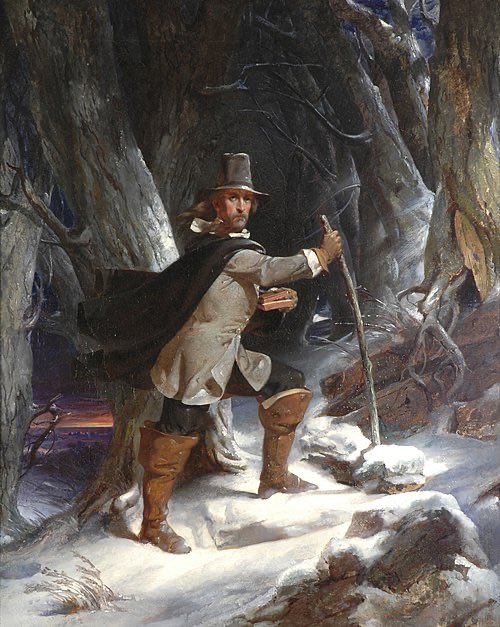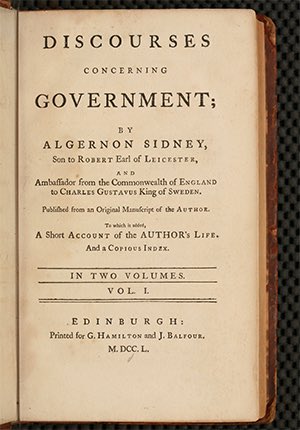After empire came anarchy.When Spain’s grip weakened in the Caribbean, a new breed rose: the buccaneers of Port Royal and Tortuga. Outlaws to kings yet warriors for freedom’s chaos. They built no nations, but they taught men to live unruled.
Let’s dive in. 🇺🇸 #AmRev
Let’s dive in. 🇺🇸 #AmRev

They were sons of war, exiled Protestants, and disinherited sailors. Many fled Cromwell’s wars or the wreckage of failed causes. On the edges of empire they found liberty in lawlessness, a rough republic of blades and broken men. 

Port Royal, Jamaica, once a Spanish port, became the “wickedest city on Earth.”Yet beneath its sin and rum flowed something primal: independence. Men lived by their own compact, answered to no crown, and carved justice with cannon fire. 

Tortuga was its northern twin, a pirate democracy under constant siege. Here, crews elected captains, divided spoils equally, and lived by codes written in salt and blood. It was raw liberty, untempered by virtue but charged with defiance. 

The buccaneers were not noble, but they revealed a truth. Where tyranny crushes, liberty festers in rebellion. Even thieves feel the divine spark to be their own masters. Freedom often begins where order fails. 

Men like Henry Morgan blurred the line between pirate and patriot. He burned Spanish strongholds from Panama to Cuba, enriching England’s empire even as he mocked its kings. A sword in one hand, a Bible in the other, he embodied the savage birth of Atlantic freedom. 

Their ships were floating republics, contracts of equality forged in blood.
Every man had a vote. Captains could be deposed. Loot was shared by code, not birthright. In the age of kings, these villains practiced what philosophers would later preach.
Every man had a vote. Captains could be deposed. Loot was shared by code, not birthright. In the age of kings, these villains practiced what philosophers would later preach.

But their freedom had no anchor in virtue. Without moral law, it collapsed into vice. Port Royal sank beneath the sea in 1692, a judgment written in waves. Rebellion unredeemed by righteousness cannot stand. 

Yet their legend endured. When later men like Franklin, Jefferson, and Adams wrote of liberty, they wrote with inherited fire. The same passion that led buccaneers to defy kings would drive patriots to defy empire. 

The buccaneers were not founders, but forerunners, unholy instruments in Providence’s plan. From their rebellion rose the wealth, courage, and spirit that would one day give birth to a nation of free men. 

If this stirred something in you, if it reminded you that freedom’s roots are deeper, darker, and more divine than comfort, give back the value.
Reshare, share the knowledge, or subscribe to my Substack (link in bio).
Let’s resurrect the American spirit. #AmRev 🇺🇸
Reshare, share the knowledge, or subscribe to my Substack (link in bio).
Let’s resurrect the American spirit. #AmRev 🇺🇸

• • •
Missing some Tweet in this thread? You can try to
force a refresh






















